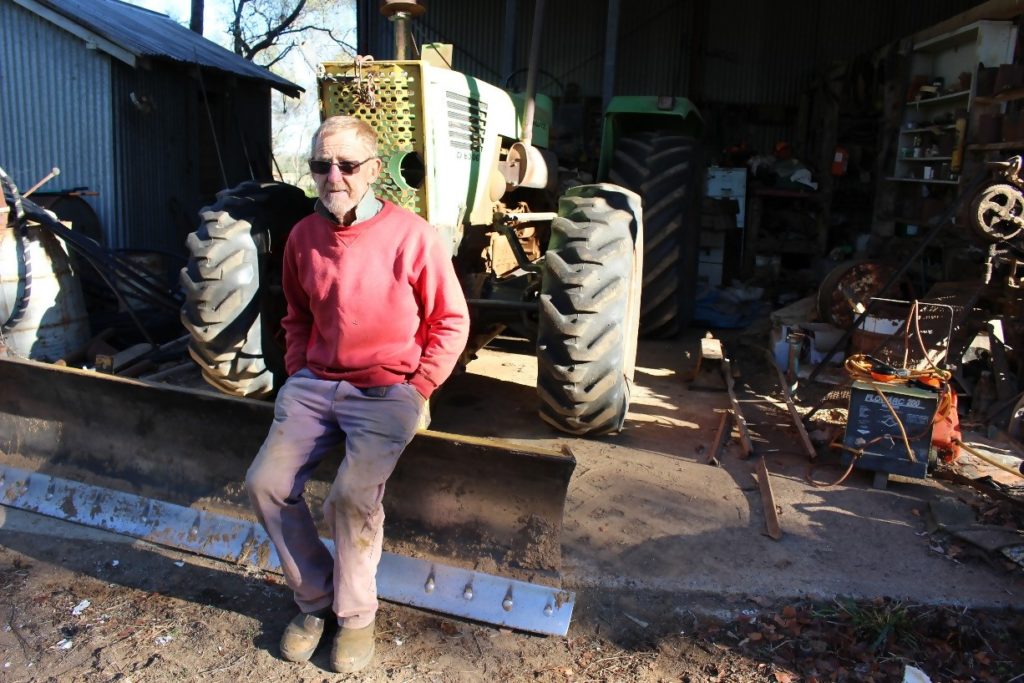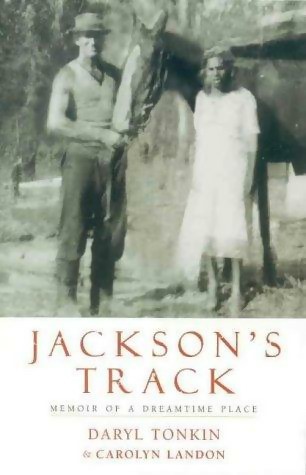
At a time when Church attendance is shrinking and agriculture and dependent services in the Australian Eastern States are on their knees due to “The Dry”, the need for our people to understand and work for stronger communities is vital. At our recent New England North West Presbytery meeting in Moree, The Rev. Mark Faulkner, who heads the Saltbush project, was there to give an update. One of the phrases used in his presentation was “to reshape” rural communities, to encourage them to feel cared for and empowered to do things differently.
Community for me can be just two people or the worldwide gathering of humanity. At whatever level, for it to be relevant to its members, it requires honesty, purity, forgiveness and love to be modelled to others for them to accept it as genuine and not simply as the only place left for them. Perhaps community for two or three people may be ‘created’ out of a commitment to meet regularly, to share faith, hope stories or resources. In this process, if one is brave enough to invite others into their personal sphere and that gift is reciprocated, then functional community is created and lives are changed.
It may begin as a response to tragedy, either personal or environmental. When one of us experiences a chronic or terminal illness, or we lose a close friend, we need understanding. A person given to acceptance, compassion and kindness is a gem when they put self aside and stand beside us. In times of natural disasters, such as fire, flood, drought or earthquakes, the outpouring of love from those least affected towards the most affected leads to feelings of gratitude perhaps not felt before. We have witnessed this during recent fire in Australia and earthquake and massacres in Christchurch. So, a community may be large or small.
The connections made between people build into relationships, which are meaningful and often based on shared values. Our responses may be influenced by feelings of sadness, relief that it is not us or prompting by others. In Acts 11, God challenges Simon Peter, a Jew, to go to the house of Cornelius, a Gentile. Peter, in response to God’s guidance, does things he would never have considered doing. He eats ‘forbidden’ food with Cornelius and stays in his house – another ‘mistake’. We, Like Peter, are encouraged to put aside previous behaviours, cultural customs/traditions and to respond with care and concern and not in judgement. What a boost to community that would be! As a response to this passage, we may be challenged to put aside barriers erected by our group towards those “others” who are different. The diversity in our community would be broadened and the ensuing acceptance of others would lead to a more inclusive community.

Some years ago, a book titled Jackson’s Track was shared with us. It told the true story of a community of Indigenous people living together at Jackson’s Track. A European man living in that community described one man as a caring, concerned and thoughtful person who helped the cohesion within the group. A subsequent book, Jackson’s Track Revisited, by the same author but reporting views about this particular man held by Christians, the Bureau of Aboriginal Affairs and local government authorities, described him as a “layabout usually found at…“ the house of a particular family. My take from these two books was that the same person, depending on the reference group, was seen completely differently. Simon Peter went to Cornelius’s house and got to “know” him and was himself changed. As we move toward knowing the other so too can we, in God’s strength, see them differently, be changed by the Holy Spirit and be in community with them.
In the book of Hebrews, chapter 10, verses 22-25, we are entreated to draw near to God and to meet regularly together. Out of commitment to this process, we will be better prepared to forge relationships based on acceptance and love, and a broadened, more inclusive community will grow. It is at this point I return to the beginning. The faith communities of which we are a part will be enhanced through sharing with others and we will be better equipped and inspired to participate in our wider communities.
In more recent years, there has been much to read about empowering communities, employing community facilitators and steps for building a more dynamic community. These initiatives can be helpful but often create groups where members tend to rely on outside assistance. Interest is lost when that “help” is moved on to another position or withdraws due to ill health or burnout. Those initiatives more likely to create community or move an existing community forward tend to occur when individuals are reshaped and empowered by a shift in their paradigm. By expressing themselves naturally, individuals can be the initiators of change.
The possibilities are varied and endless for community development and growth when this happens. Encouragement by others is beneficial but the initial catalyst comes from being self-aware and feeling led to share with others – that leads to community.
